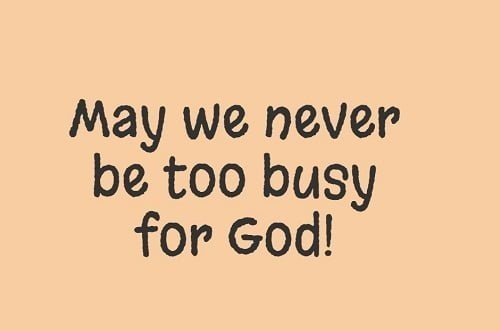Let’s look at these in the life of Mother St. John. All the accounts of her life show her to be a woman of great humanity: warm, caring, practical, inclusive, and funny. She is consistently described as someone who is loved by all. People just wanted to be with her. One example of her warmth and inclusivity is the story of a young woman who wanted to join the community in Lyon, France but thought she could not because she had to look after her aging father. Mother St. John said, “Bring him with you”. And she did. She adapted a little house next to the generalate for him to live in, and he became a beloved gardener for the community. He felt wanted and needed and was well cared for, and his gifts were valued to help the community. Simple warmth and inclusion. Today, as we witness inconceivable acts of polarization, inhumanity, torture, barbaric infliction of suffering, racist and religious hatred, abuse of all kinds, many people are feeling overwhelmed, depressed, rejected, unvalued, confused, and frightened. Surely if we can offer the warmth of a loving and compassionate humanity, the ability to find the humour and goodness in ordinary events and the simple gestures of kindness and inclusion, we can offer much towards easing people’s fear and sense of isolation.
The second thing that struck me from Mother St. John’s life, was the fact that she really adapted herself to whatever the present moment dropped in her lap. The big moments, the decisive ones in her life were not ones she had pre-planned. The decisions she made arose out of these unsought moments of decision. Being forced to attend the liturgy of a priest in Monistrol, who had taken the oath of allegiance to the revolution caused her to resist by refusing to participate in the rubrics. When the convents were closed and all religious ministries forbidden, she was forced to return to her family home and live with her parents. Her imprisonment condemnation to death were the result of the approach of the search of soldiers of their family home and the discovery a priest in hiding. Her preparation for death by guillotine, was suddenly changed when Robespierre fell, and she had to return to her family home. She then cared for her aging parents for many years and fully expected to stay there, until the invitation of Cardinal Fesch suddenly presented her with a new challenge. After accepting that challenge, her new community was flourishing, and she was struggling to help give new shape to an ever-growing community. Finally, she had not planned to send Sisters to the new world. Rather, she was surprised by the invitation from Bishop Rosati to send Sisters to America and hesitated to do so. Finally, she did make that painful decision, and grieved deeply for their absence and the suffering they would have to endure. She had not planned any of that, but what she did do was to respond as well as she could to the moments that life presented to her, making the best decisions she could at that moment, and trusting the outcomes to the Providence of God. Today we honour her for we can see in hindsight, what great things God accomplished through her decisions. Surely, strategic planning and due diligence are very important; yet we never know what the next moment may bring, what God might do with the choices we make, or what futures they may bring about. The wisdom of our current congregational statement encourages us to embrace what life offers us in each moment, to live it as best we can, and to entrust the outcome to the loving Providence of God. “Embrace this moment as a graced path to transformation” contains a wisdom that seems to be in our CSJ genes.












